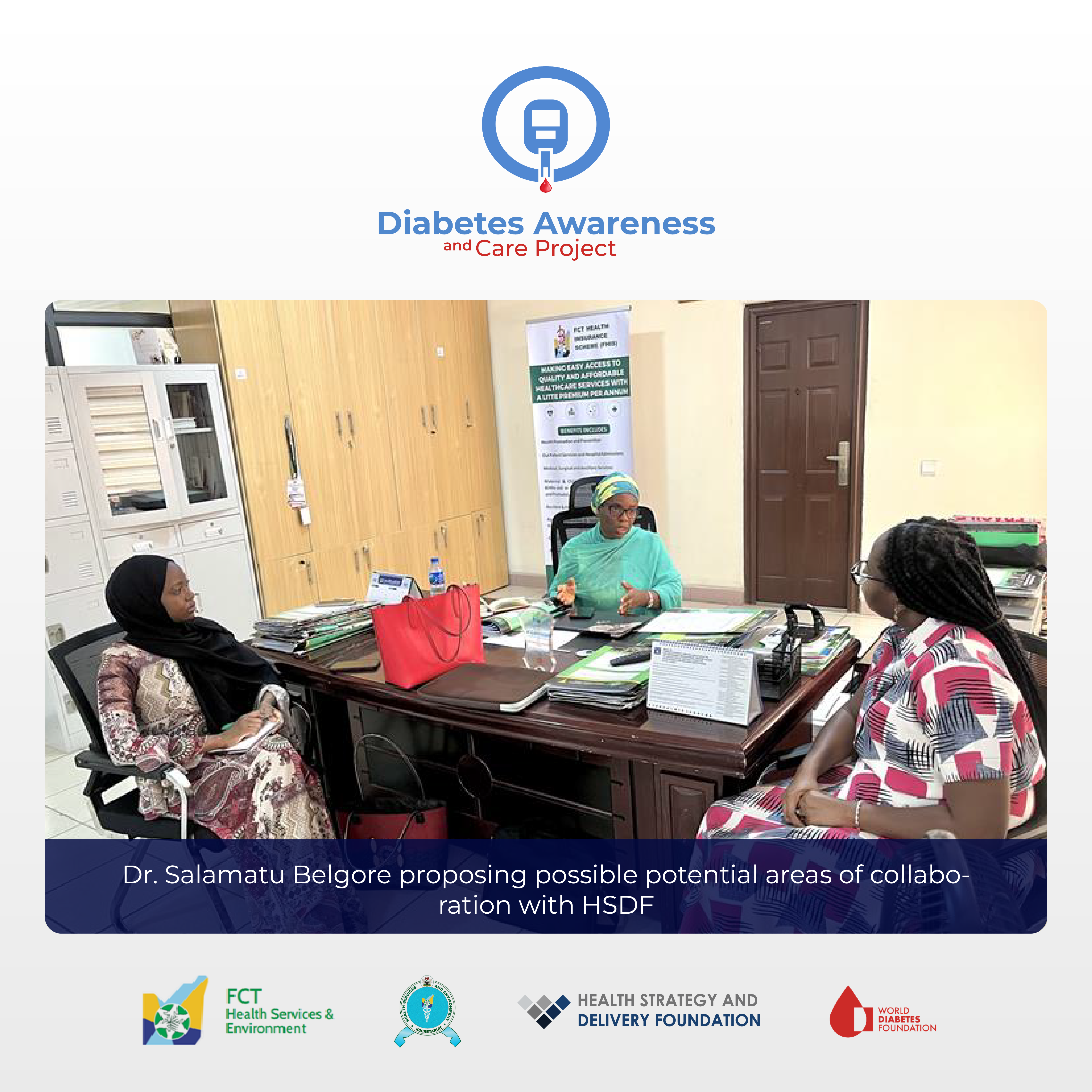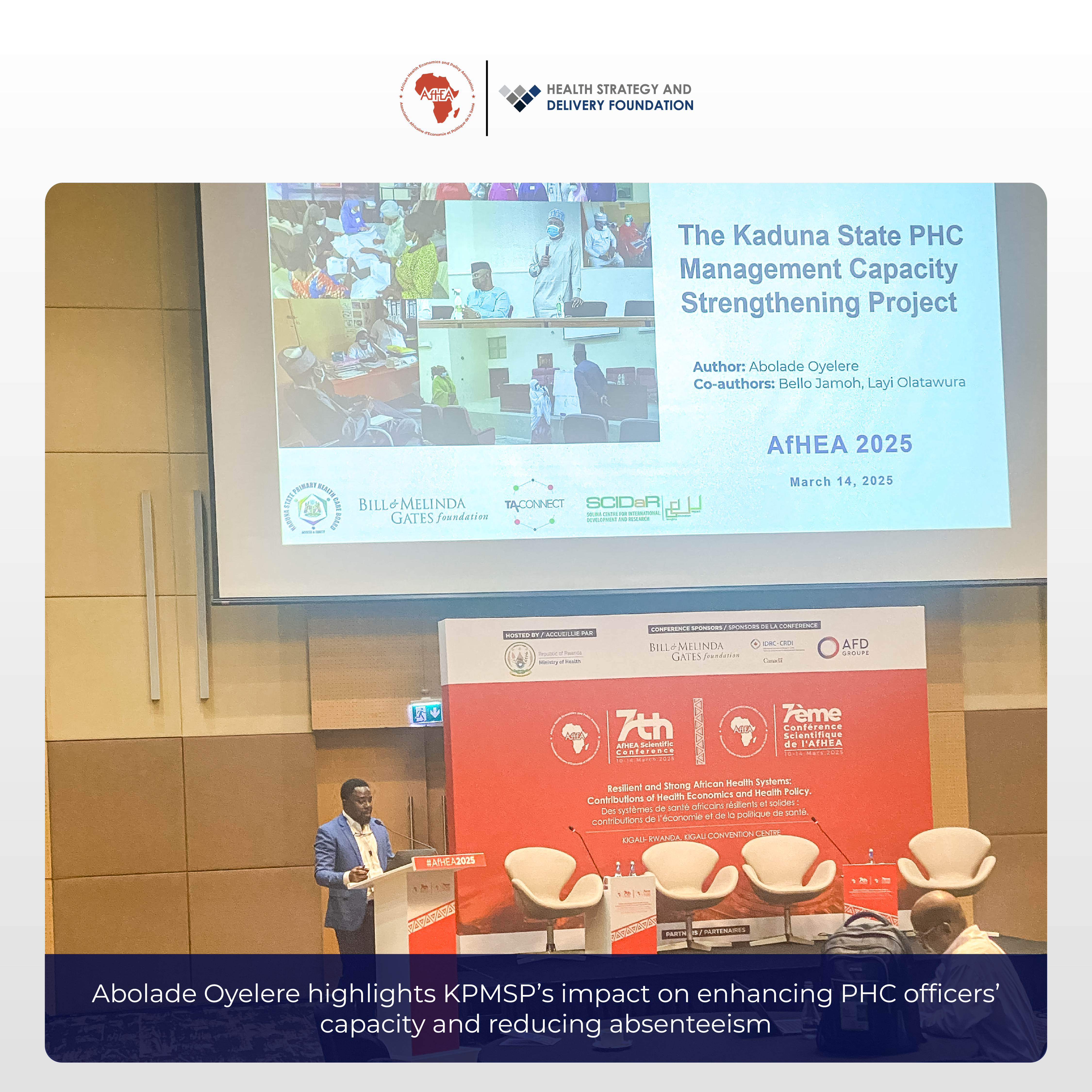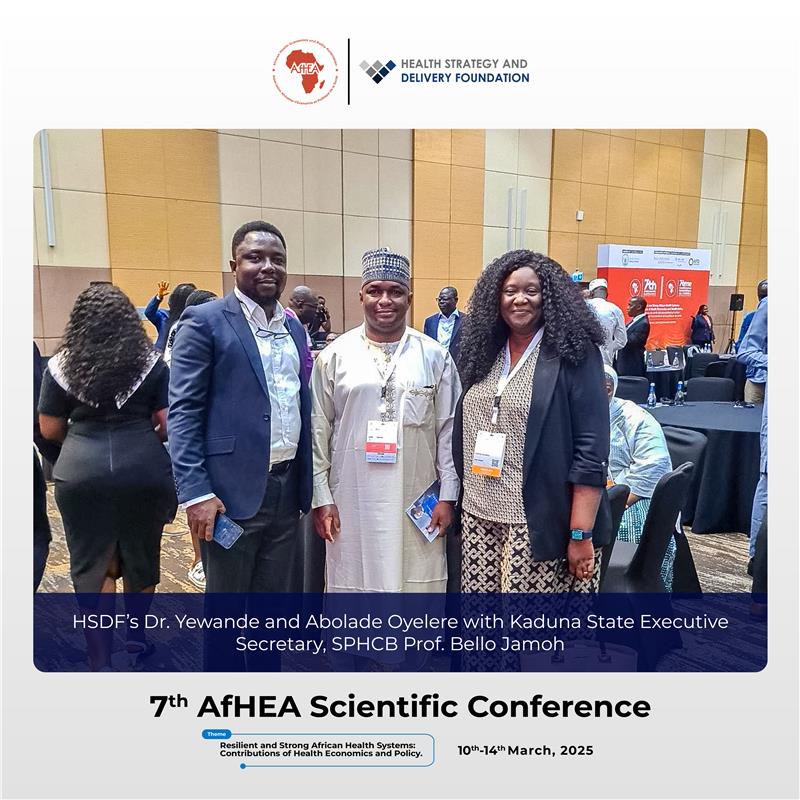Health Strategy and Delivery Foundation (HSDF) Malaria Genomic Survey in Lagos State – Closeout of Sample Collection Phase
National efforts have shifted from the control to elimination of Malaria in Nigeria. This approach requires concerted efforts centered on improving access and delivery of interventions, adequate surveillance, and elimination of parasite transmission. In 2016, HSDF conducted a study in three states of Nigeria to understand the availability, quality, and use of data in malaria programming in the country. Findings from this study confirm that for Nigeria to attain malaria pre-elimination by 2020, malaria surveillance must be strengthened beyond case management and prevention to include a new focus on understanding patterns in vector distribution and behavior as well as other human vector contact-related variables.
Accordingly, HSDF designed a genomic-based study for Lagos State which aimed at understanding the circulating Malaria parasites in populations across LGAs in the State, the extent of resistance to first-line malaria treatments (ACTs), and transmission intensity especially in border areas and known hotspots around the State. The study was conducted in collaboration with the Lagos State Government and the University of Lagos and leveraged the data collection process for the State’s Ongoing Malaria Indicator Survey (MIS), for which HSDF also provided technical support.
To mark the end of this stage of the project, a sample collection closeout the meeting was held on Tuesday the 12th of December in the Lagos State Ministry of Health to provide a progress update to the State team and other Partners and to share experiences, lessons learned and implications for Malaria control in Lagos State. In attendance at the event were the Lagos State Director of Disease Control, Dr. Eniola Erinoso; State malaria program coordinator, Dr. Osinowo and other members of staff of the State malaria programme; Professor Wellington Oyibo of the University of Lagos; the Grant Management Unit Coordinator for the Global Fund to fight AIDS, Tuberculosis and Malaria, Dr. Dayo Lajide; and the HSDF team.
The study will be proceeding to its next phase which is an analysis of the data and a presentation of preliminary findings.
Recent News
Grants and Business Development Specialist
We are seeking a highly motivated and experienced Grants and Business Development Specialist to join our organization. The successful candidate will be responsible for identifying funding opportunities, developing grant proposals, and fostering partnerships with potential donors and stakeholders (regional and global). This role plays a vital part in securing funds and resources to support our organization’s mission and projects.
Apply NowPublic Health Consultant, Guinea
The consultant (working with the Accelerator team) will collect results from the tool, organize a meeting with stakeholders to discuss results from the tool, and produce a report on key findings and recommendations from the tool to be shared publicly.
Apply NowPublic Health Associate, Senegal
We are currently in search of an experienced Public Health professional in Senegal to work on the anticipated Nutrition Capacity Development and Financing Platform and provide technical assistance to elevate nutrition financing and strengthen local capacity to support these efforts. The Associate must be bilingual (English and French).
Apply Now


